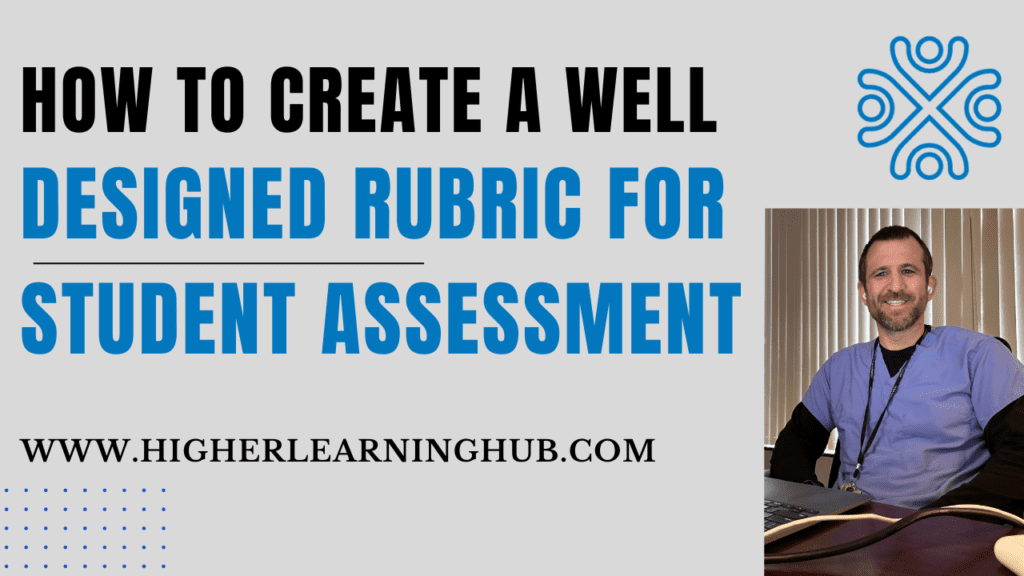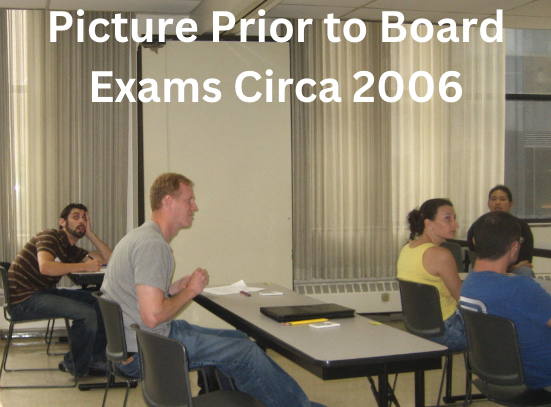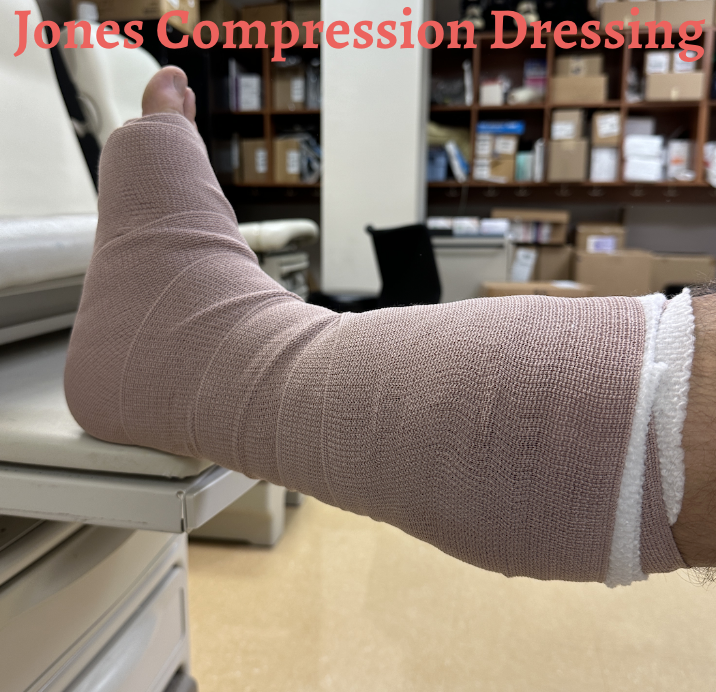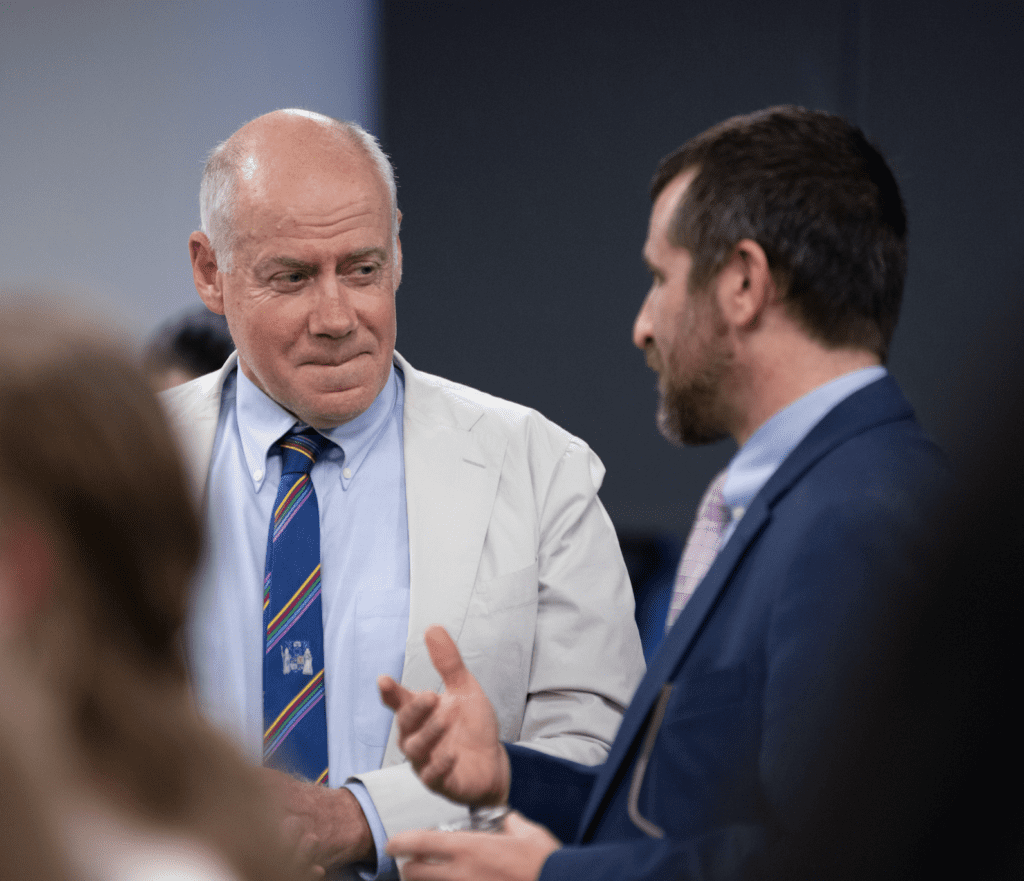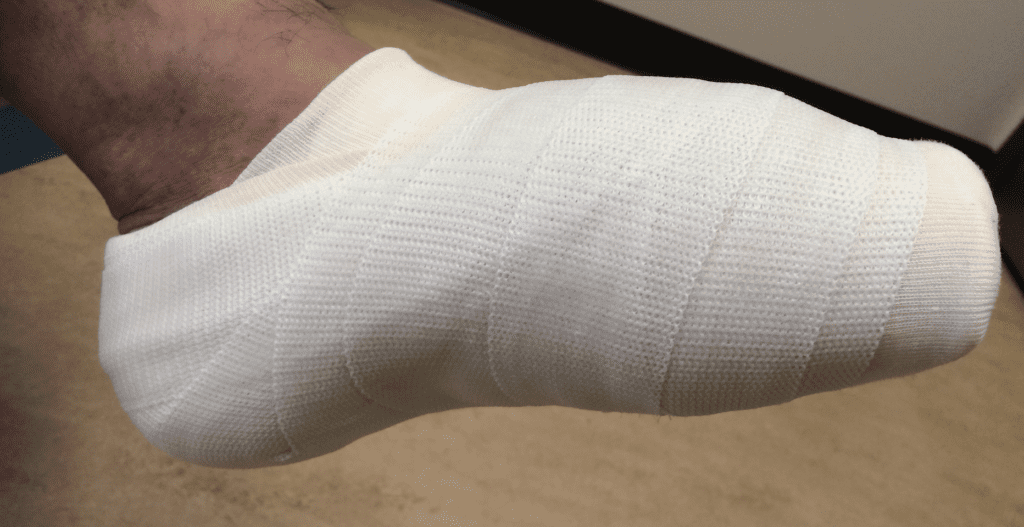Authored by Dr. Leland Jaffe; Associate Dean and Professor; Published on October 18th, 2024
Are you ready to take on your podiatry residency interviews?
The interview process is not just about answering questions; it’s about showcasing your skills, passion, and fit for the program. Understanding what to expect and how to prepare will put you a step ahead. This guide will dive into effective strategies to enhance your interview performance. We aim to empower you with the confidence and knowledge you need to stand out. Let’s get started!
Understanding the Podiatry Residency Interview


Overview of the Residency Interview Process
This was a difficult section to write, as interviews vary greatly from program to program. Some programs see the CRIP interview as a formality, while others place significant value on it. Further, programs may conduct a primarily social interview while others can be more heavily academic. Typically, the format includes several types of interviews, which might happen in different settings.
- Types of Interviews: You might encounter panel interviews, one-on-one interviews, or group interviews. Each has its own dynamics and requires different preparations. Further, these interviews may be with the program director, faculty of the program, as well as residents – be prepared for each scenario. Also, make sure to treat the residents with the same level of formality and professionalism as the program director.
- Locations: Interviews are typically held in a conference room adjacent to a hotel suite, while some are conducted in board rooms within the hotel/conference center. Virtual interviews have become more common and require a quiet space with a good internet connection. It’s a good idea to practice both in-person and virtual interviews, as each requires a separate set of skills.
- Structures: Interviews can be formal, with a set list of questions, or more relaxed, fostering a conversation about your experiences and goals.
Understanding these elements can help you feel more prepared and confident. The CASPR interview program details a centralized process where both applicants and programs get to know each other better, often over a series of days.
Key Players in the Interview
During the podiatry residency interview, you’ll meet several key individuals who will evaluate your fit for their program. Knowing who they are and what role they play can simplify the process – do your homework before the interview date.
- Faculty Members: They assess your academic background and how well you align with the program’s educational goals. They will also be evaluating your ability to think critically and how you handle a stressful environment.
- Residents: Current residents often participate in interviews to provide insight into the day-to-day life and the program’s culture. They are great resources for understanding what to expect and can offer valuable advice. Don’t forget that residents often play a significant role in selecting the new group of residents.
- Program Directors: They lead the residency program and often have the final say in the selection. They look for candidates who not only meet academic and clinical standards but also fit well with the team and the hospital’s mission.
Recognizing these individuals and understanding their perspectives can make a real difference in how you approach the interview. To learn more about what to expect from these interviews, read further here.
Preparing for the Interview
Preparing for a podiatry residency interview can feel overwhelming, but it’s critical for success. While it might seem like a daunting challenge now, breaking down the preparation process into manageable parts can make it more approachable. Let’s review some key elements to focus on, giving you the confidence to tackle the interview.
Researching Residency Programs
Understanding the unique characteristics of different podiatry programs can help you tailor your responses to align with their specific goals and expectations. Here’s how you can start (assuming that you didn’t rotate with the program for a monthlong clerkship):
- Visit Program Websites: Each podiatry residency program often has its own website filled with valuable information about its program structure, faculty, research opportunities, and more.
- Look for Reviews and Testimonials: Read what current and past residents say about the program. Websites like forums and alumni networks can be particularly insightful. You can also see where graduates of the program are working and what they’ve accomplished professionally.
- Research Faculty Backgrounds: Knowing the research interests of key faculty members can provide connecting points during your interview.
Doing thorough research helps you come across as genuinely interested and well-prepared.


Sample Interview Questions
Knowing the common questions can make you feel more relaxed and ready. Here are some frequently asked questions you might encounter:
- Tell me about yourself: Keep your response concise, focusing on your academic journey, interests in podiatry, and personal attributes that make you a good fit.
- Why did you choose podiatry?: Reflect on specific experiences or influences that drew you to this field.
- Where do you see yourself in ten years?: This question assesses your long-term goals and how the program aligns with them.
- Discuss a challenging situation and how you handled it: Think of a specific instance where you demonstrated resilience and problem-solving. It’s important to turn this into a positive learning experience.
- What’s your favorite way to relax and unwind outside of work?
- Discuss your experience working with patients who have limited health literacy or face socioeconomic challenges.
- If you could change or add anything to your CV, what would it be and why?
Knowing these questions allows you to prepare thoughtful and assertive responses. Make sure to be specific and use personal anecdotes/experiences to answer these questions!
Mock Interviews
Mock interviews serve as a dress rehearsal, allowing you to practice your responses in a simulated environment. Here’s why they’re essential:
- Build Confidence: Practicing with friends or mentors can help diminish nervousness.
- Receive Constructive Feedback: Honest feedback helps you refine your responses and body language.
- Timing and Pacing: Mock interviews help you learn how to time your responses, balancing brevity and detail.
Set up multiple mock interviews with different individuals for diverse perspectives. Remember to rehearse your answers before your mock interview. Also, consider practicing virtual and in-person interviews to be ready for each.
Understand the Difference Between Preparing for Residency Interviews and Board Exams
CRIP (centralized residency interview program) usually falls within the same month as boards and it’s tempting to think that while you’re studying for one you’re studying for the other, but this is not always true. Studying for podiatry boards and preparing for residency interviews are distinct yet complementary skills. APMLE board exams require knowledge of the exam structure with a focus on high-yield topics and are assessed with a multiple-choice format exam. Being able to answer a multiple-choice question and navigating a case study during an interview are two very different levels of knowledge.
Residency interviews emphasize personal presentation, communication, and the ability to convey why you’re a good fit for a program. While knowledge is still important, interviews require honing interpersonal skills, discussing your clinical experiences, and demonstrating how you align with a residency’s culture and goals.
I recommend starting as early as possible during your clinical rotations preparing for each of these events (APMLE Part 2 Boards and CRIP interviews).
Personal Statement and CV Review
Your personal statement and CV are often the first impressions you make. Here’s how to align them with your interview:
- Review for Consistency: Ensure that your personal statement accurately reflects your experiences and interests as mentioned in your CV (see blog post on “How To Write A Standout CV”.)
- Highlight Key Experiences: Emphasize experiences that illustrate your commitment to podiatry and continuous learning.
A well-aligned personal statement and CV make you appear prepared and focused, making it easier for interviewers to see your fit with their program.
By taking these steps, you can convert the often stressful residency interview process into an opportunity to shine and demonstrate your readiness to embark on a career in podiatry.
During the Interview
Facing a residency interview can feel like you’re about to take center stage. It’s the moment to showcase not just your technical skills but who you are as a person and your ability to handle stress and think critically under pressure. Understanding each part of the process helps in navigating it with confidence and poise, ensuring you leave a positive impression. The interview often intentionally is designed to make you nervous and see how you think and function under pressure.


Photo by fauxels
First Impressions Matter
They say you never get a second chance to make a first impression, and this is especially true in interviews. Your attire, body language, and overall demeanor speak even before you utter your first word. Dressing appropriately for the interview shows respect and professionalism. It’s important to maintain positive body language — sit up straight, make eye contact, and smile warmly. Your demeanor sets the tone of the interview; approach it with a calm but enthusiastic attitude. In essence, the way you present yourself can set the stage for the entire interview.
How Do You Respond To Academic Questions That You Don’t Know the Answer To?
If you’re asked a question during a residency interview that you don’t know the answer to, it’s important to handle it with calmness, honesty, and professionalism. Here’s how I would respond:
1. Stay Calm and Composed
- Take a deep breath and maintain a calm demeanor. Showing confidence, even when unsure, demonstrates maturity and poise.
2. Acknowledge What You Don’t Know
- Be honest and upfront. It’s perfectly fine to admit when you’re unfamiliar with a topic. You could say:
- “I’m not entirely sure about the answer to that, but I would approach it by…Make sure to not make up answers though!”
3. Reason Through the Problem
- Show that you can think critically and use your knowledge to work through the question. If you have related knowledge, use that to build a potential answer. For example:
- “Although I’m not sure of the exact answer, based on what I know about [related topic], I would consider…”
4. Ask Clarifying Questions (If Appropriate)
- If the question is unclear or broad, you can ask for clarification, which shows engagement and interest in the topic.
5. Close with Positivity
- End with a positive attitude, showing that you’re not intimidated by challenges and are willing to seek answers.
For example, you could respond like this:
“I don’t know the exact answer off the top of my head, but based on my understanding of [related principle], I would think about it in terms of [your thought process]. I’d be very interested in learning more about this further.”
This approach shows humility, critical thinking, and a commitment to learning, all qualities that residency programs value.
Engaging with Interviewers
Interviews are more than just questions and answers; they’re about building a connection. It’s essential to engage with your interviewers by showing genuine enthusiasm for the position and the residency program. Ask questions, nod in understanding, and show interest in their responses. This active engagement helps in building rapport, painting you as a relatable and memorable candidate. For tips on how to succeed in residency interviews, check out Podiatry.com.
Asking Questions
An interview is a two-way street. Preparing thoughtful questions to ask demonstrates genuine interest and helps determine if the program is right for you. I personally recommend coming prepared with about 2-3 questions for each interview.
Sample Questions to Ask Programs At The End of Your Interview:
- What is the balance between clinic, surgery, and didactic learning in the program?
- What qualities typically make the strongest residents?
- Are there opportunities for residents to engage in research or academic projects with the faculty?
- How is feedback provided to residents? Is there a formal mentorship program in place?
- What percentage of graduates pursue fellowships?
DO NOT ASK ABOUT THE CALL SCHEDULE, RESIDENT RESPONSIBILITIES, OR ANY OTHER QUESTION THAT CAN BE MISINTERPRETED THAT YOU DON’T WANT TO WORK HARD!
Delving into these areas can provide a comprehensive view of the program. As always, remember to listen actively to the responses and engage in a meaningful dialogue.
Post-Interview Considerations
Navigating the podiatry residency interview process doesn’t end once you leave the interview room. Post-interview actions can greatly influence the residency decision-makers’ perceptions and your self-growth. Here are two essential considerations every interviewee should focus on after their interviews.
Thank You Notes
Sending a thank you note is more than just a polite gesture—it’s a strategic move to reinforce your interest and leave a lasting impression. These notes offer a chance to reiterate your skills and fit for the program.
- Express Gratitude Clearly: Open your note by thanking your interviewer for the opportunity. Personalize the message by mentioning specific parts of the conversation that you enjoyed.
- Reinforce Your Strengths: Use this space to remind the interviewer of key points discussed that highlight your fit for the residency. This can subtly reinforce your candidacy in their memory.
- Keep It Brief and Precise: A thank you note should be succinct but meaningful. Avoid lengthy paragraphs and keep your language warm and professional.
- Timing Matters: Send your notes within 24 to 48 hours of your interview to maintain momentum in your application process. A genuine/personal email will suffice.
For more insights on the importance of thank-you notes, visit Should You Send Thank-You Notes After Job Interviews?
Reflecting on the Experience
After the whirlwind of questions and answers, reflection is important. It’s your opportunity to evaluate your performance and identify areas for improvement. Usually, you’ll have multiple interviews throughout 1 day, and therefore you need to reflect on what went well, and what didn’t, and learn from your experiences.
- Analyze Your Responses: Think back on the questions you were asked and your responses. Were there any answers you struggled with? Note these down for future interviews to come.
- Assess Your Communication Style: Consider whether your delivery was clear and confident. Did you engage effectively with the interviewers?
- Identify Areas to Improve: Reflection isn’t just about criticism. Pinpoint areas where you excelled as much as those where you could improve. A balanced self-assessment will help you grow.
For further guidance on conducting a post-interview self-evaluation, check out Post-Interview Self-Evaluation
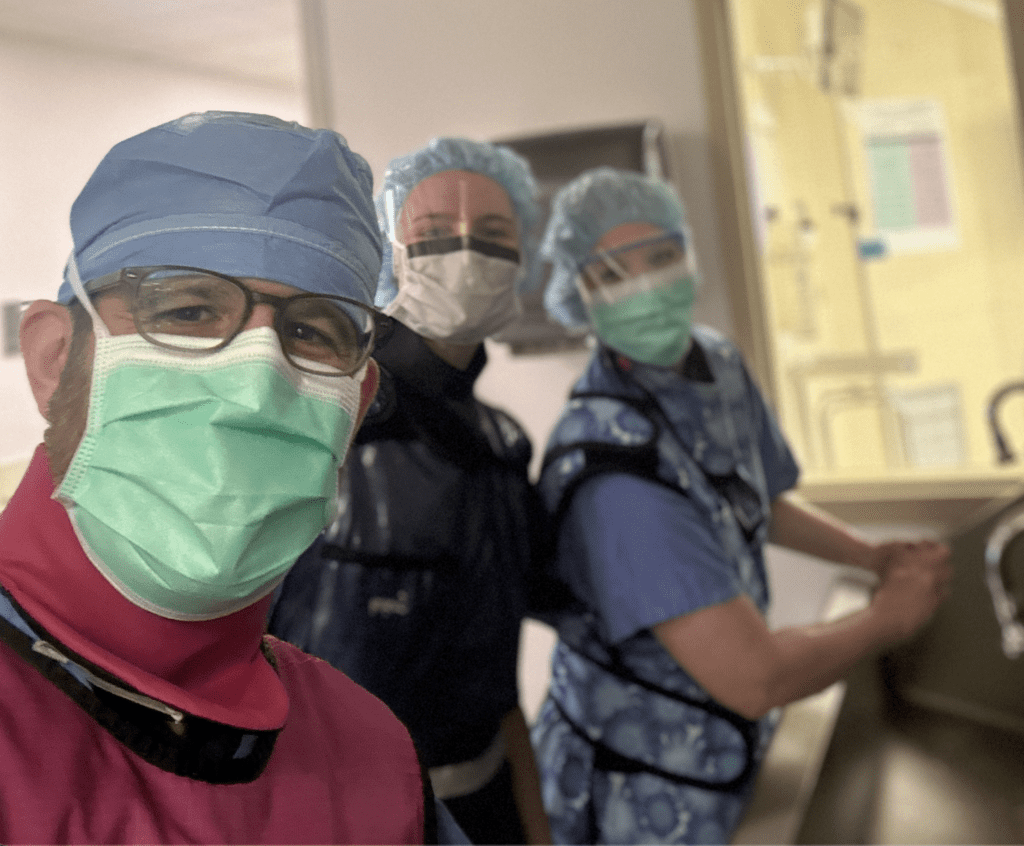

Mastering these post-interview steps can significantly impact your journey toward landing a residency in podiatry, augmenting both immediate results and long-term personal growth.
Final Thoughts on the Podiatry Residency Interview Preparation Process
The interview process can be both exciting and nerve-wracking, but with the right strategies, it’s a challenge you can confidently overcome. Let’s wrap up the key takeaways to keep you prepared and focused as you approach your interviews.
Key Takeaways to Remember
When reflecting on the podiatry residency interview process, there are several important points to keep in mind. Think of your interview as a conversation rather than an interrogation; this mindset will help you stay calm and collected.
- Be Authentic: Authenticity can shine through even if you’re feeling nervous. Let your natural abilities and enthusiasm for podiatry show. Remember that interviewers value genuine passion.
- Preparation is Crucial: Research the program thoroughly. Understand their challenges and what they offer. This will help you tailor your responses to align with their values.
- Practice Common Questions: Familiarize yourself with typical questions, such as those discussed on Podiatry.com. Preparations like this can make a significant difference.
Encouragement and Confidence
Confidence doesn’t come from knowing every answer. It’s about trusting your training and experiences. Approach each question with a positive attitude and remain positive even if a question catches you off guard.
- Simulate the Experience: Conduct mock interviews to simulate real scenarios. This can help ease anxiety and build self-assurance.
- Reflect on Your Journey: What’s your story? How did you get here? Use your journey as a backbone for proving your persistence and capability. Know your CV well and make sure to highlight your achievements throughout the interview – be specific.
- Embrace Feedback: Constructive feedback is vital. It helps you refine your responses and improve your presentation.
Let’s Hear From Other Members of the Higher Learning Hub Community!
Ben Fortson, DPM – How to succeed in a residency interview? I think box breathing is a good start to calm the nerves a bit and visualize the interview being a success. Not every interview will go well, acceptance of that fact is a must. God knows I wrecked a couple. We all do. The question then is, what did I learn from that interview, and how can I improve? Turn that failure into a learning moment.
Podiatry Residency Interview Preparation – Conclusion
Successfully navigating the podiatry residency interview process can significantly influence your candidacy for a position at a program. Thorough preparation is essential. Reflect on your experiences, rehearse your responses, and display genuine interest. By doing so, you’ll stand out as an applicant.
What’s your next step in preparing for your interviews? Share your thoughts and strategies in the comments. Your insights might help others prepare for success.


